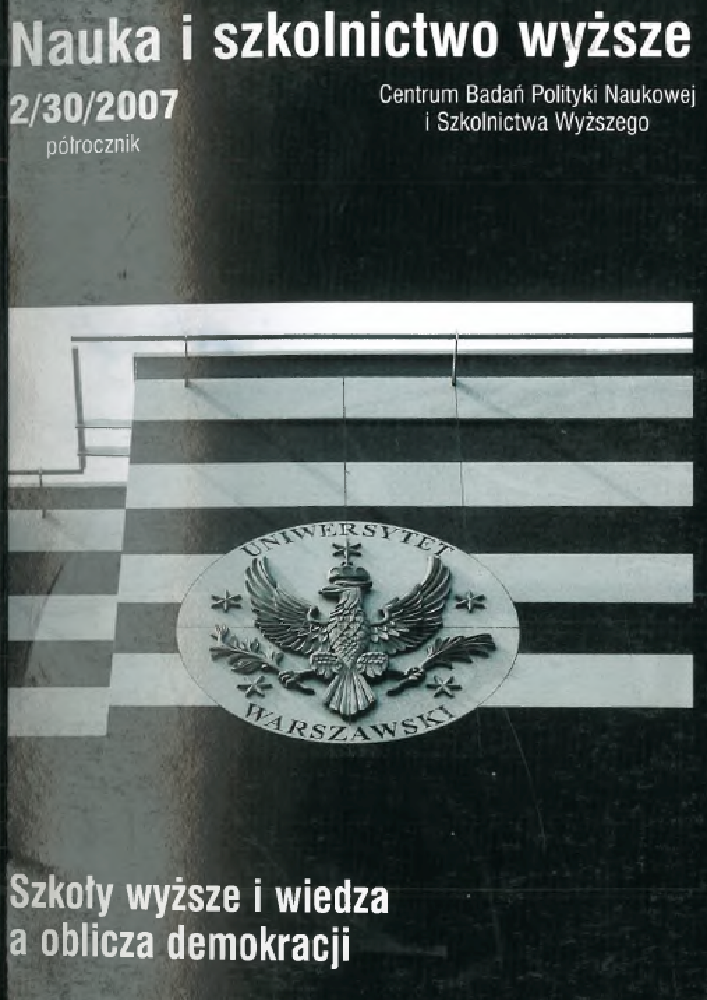Abstract
Around twenty years ago Finnish economy plunged into deep recession, which was manifested in a rising unemployment rate and increasing public debt. Just a decade later Finland headed the ranking of world’s most technologically advanced countries and was the second most competitive country in the international arena. This enormous success happened mostly because the country took conscious efforts to develop and implement an original concept of knowledge-based economy, coupled with extensive involvement and support from the public at large. Finland’s model of information society harmoniously fits into the country’s welfare State system, incorporating humanistic values and principles of sustainable growth. Economic growth, achieved through innovative technologies, does not represent a goal in itself but, rather, is a means to welfare, security and social cohesion. At present, the Finnish model is faced with many challenges due to globalisation processes. However, it is interesting to look at the distinctive attributes of this model as it has brought numerous social and economic advantages: a successful information society helps to finance the welfare State whereas the welfare State produces superbly educated citizens, capable of leveraging the successes of the country’s knowledge-based economy.
References
Castells M., Himanen R 2002 The Information Society and the Welfare State. The Finnish Model, Oxford University Press, New York.
Kamiński W.A. 2006 Globalne społeczeństwo informacyjne: nadzieje, szanse, zagrożenia. Wykład inauguracyjny, Wyższa Szkoła Zarządzania i Administracji w Zamościu, Zamość.
Tuomloja E. 2004 Skandynawski sekret, „Gazeta Wyborcza”, 26 listopada (dodatek „Gospodarka”).
Wierzbicki A.P. 1997 Rola techniki w cywilizacji informacyjnej, w: L.W. Zacher (red.): Problemy społeczeństwa informacyjnego. Elementy analizy, ewaluacji i prognozy, Wyższa Szkoła Przedsiębiorczości i Zarządzania im. Leona Koźmińskiego, Warszawa.
Wierzbołowski J. 2003 Fińska droga do społeczeństwa informacyjnego i gospodarki opartej na wiedzy, Instytut Łączności, Warszawa.
